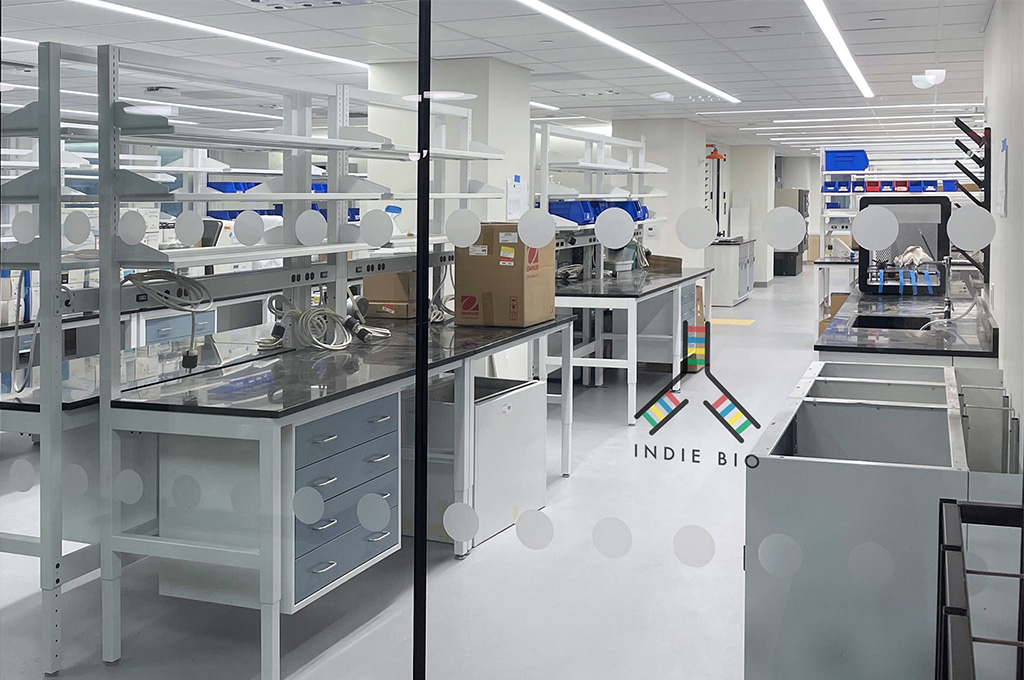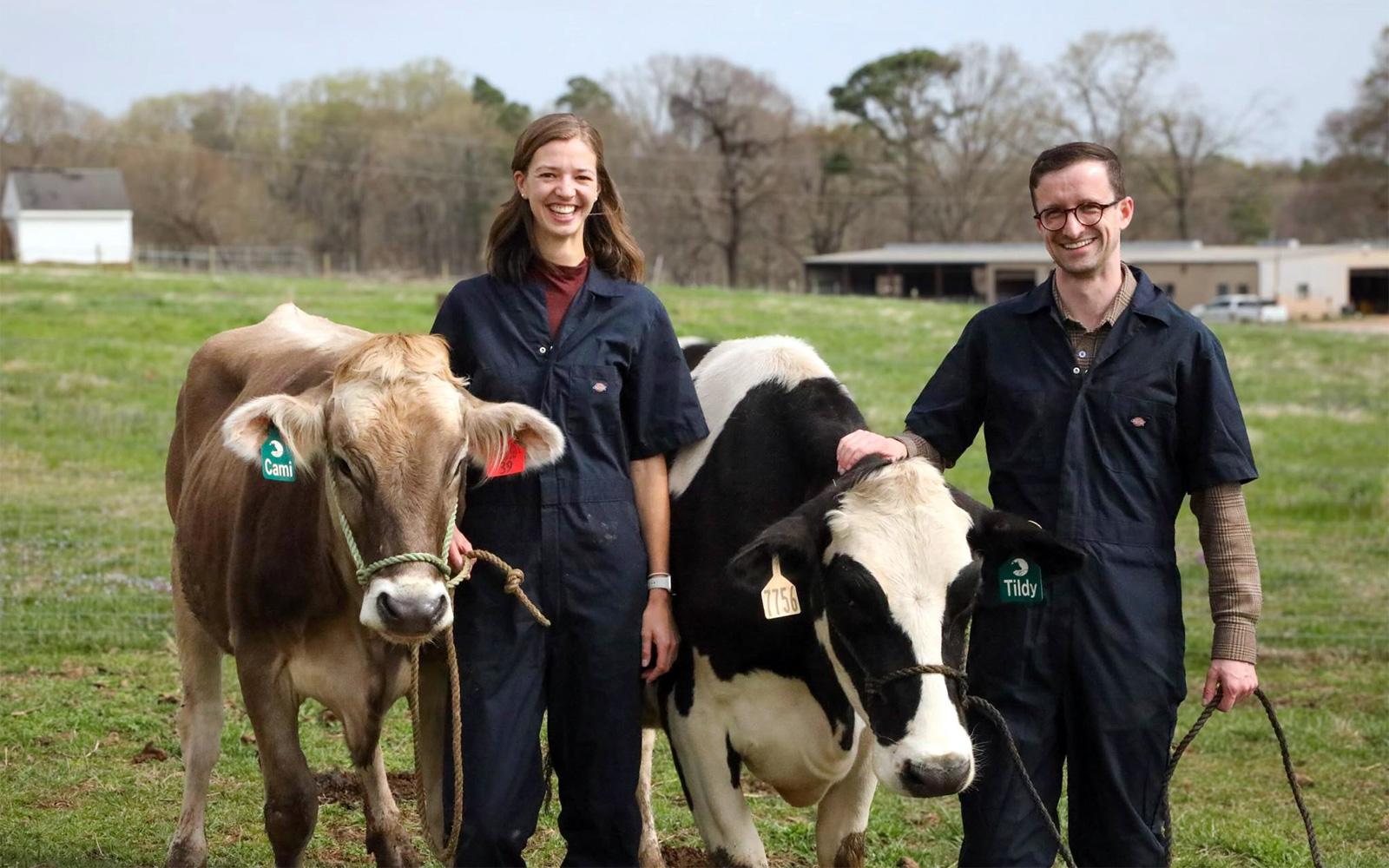Congratulations to Asterix Foods, an SOSV portfolio company and graduate of the IndieBio startup development program, on emerging on its $4.2 million Seed round led by CPT Capital, with participation from ReGen Ventures, SOSV, Grok Ventures, and the Israeli Innovation Authority. The funding will accelerate commercialization of Asterix’s radically simpler way to produce high-value bioactive proteins, without the massive bioreactors, cleanrooms, or nine-figure facilities typical of precision fermentation.
The Problem: A Cost Wall in Precision Fermentation
Demand for bioactive proteins, the complex molecules behind everything from functional foods to nutrition and health ingredients, is rising fast. But today, most are made through precision fermentation, in which microbes are genetically programmed to produce target proteins. The process works beautifully in the lab but gets prohibitively expensive at scale: a single facility can cost $125–500 million to build, even before running costs are factored in.
The Solution: Plant Cells in Massively Parallel Modular Bioreactors
Asterix takes a different path. Instead of engineering microbes, the company uses plant cell suspension cultures — plant cells grown in liquid media — housed in Massively Parallel Modular Bioreactors (MPMBs).
Each compact reactor runs continuously at room temperature, eliminating the need for steam cleaning, sterilization, or GMP-grade stainless steel. At Asterix’s Tel Aviv pilot facility, located in a standard office building, the team has already demonstrated production of multiple proteins in parallel using bioreactors that cost only a few hundred dollars each. Rather than constructing multi-acre plants, Asterix’s modular approach allows partners to deploy distributed, scalable facilities that are:
- Geographically flexible: Operate almost anywhere, reducing transport and emissions
- Low CAPEX: >95% lower CAPEX, Start with $1–2 million for 10 small bioreactors
- Continuous: Shorter development timelines, minimal downtime allowing for year-round operation
- Low resource use: Run at room temperature with no steam cycles or sterilization systems
According to Dan Even, CEO of Asterix Foods, who conducted PhD studies in Plant Molecular Biology and Genetic Engineering at the Weizmann Institute of Science: “We could offer to set partners up with 10 simple small bioreactors between 1,000-2000 liters each with a minimum investment of $1-2 million so they could test the market, see if there’s an opportunity and get more units up and running in a matter of weeks if there is. It de-risks everything massively.”
Po Bronson, General Partner at SOSV, added: “Plant cell suspension cultures are already used by at least 16 global corporations for vaccines and pigments. Asterix is pushing that platform further — opening new opportunities to produce alternative proteins with unprecedented cost-efficiency and precision. Even small facilities can profitably produce multiple proteins in parallel.”
The new funding will enable Asterix to expand its Tel Aviv pilot facility and begin delivering protein samples to partners by early next year.



